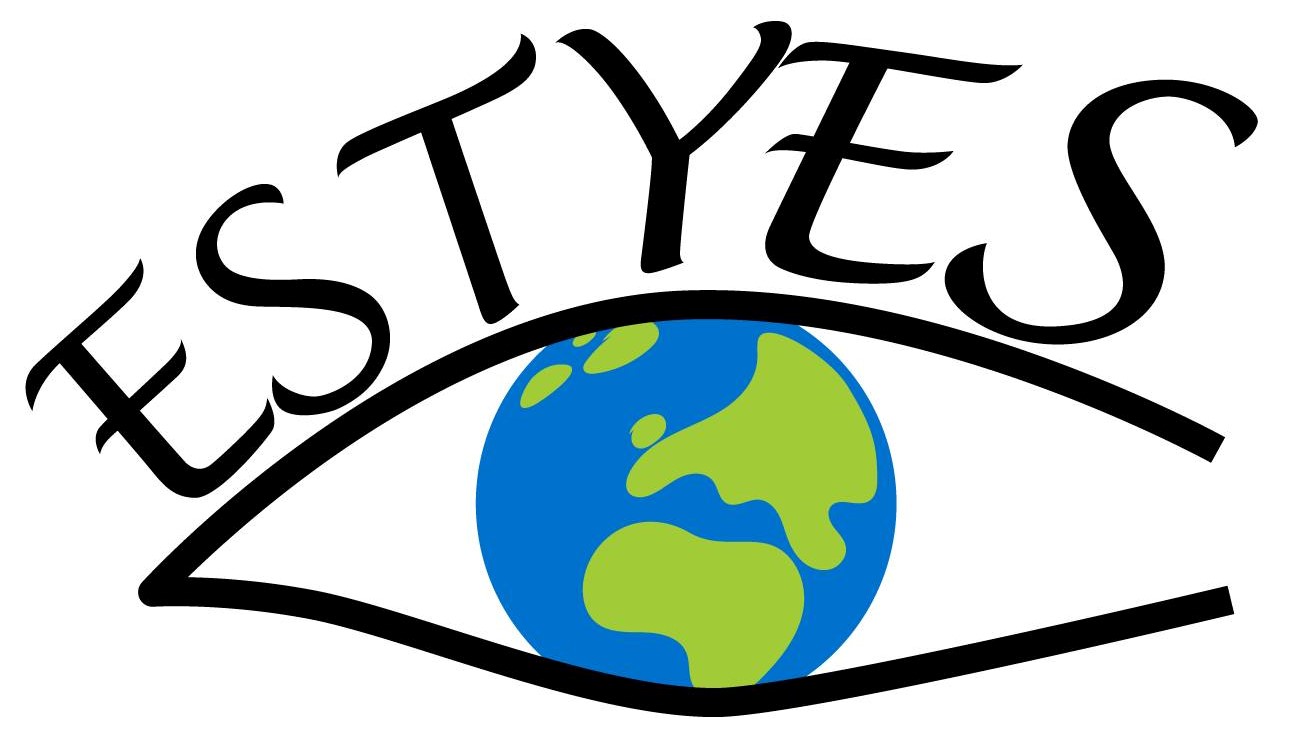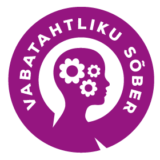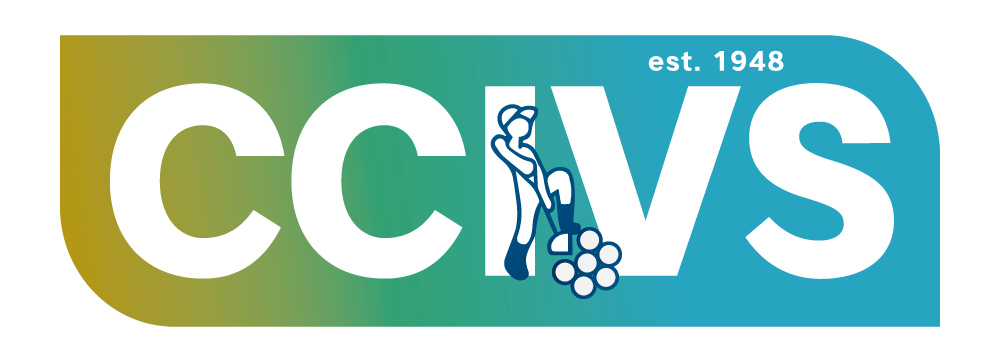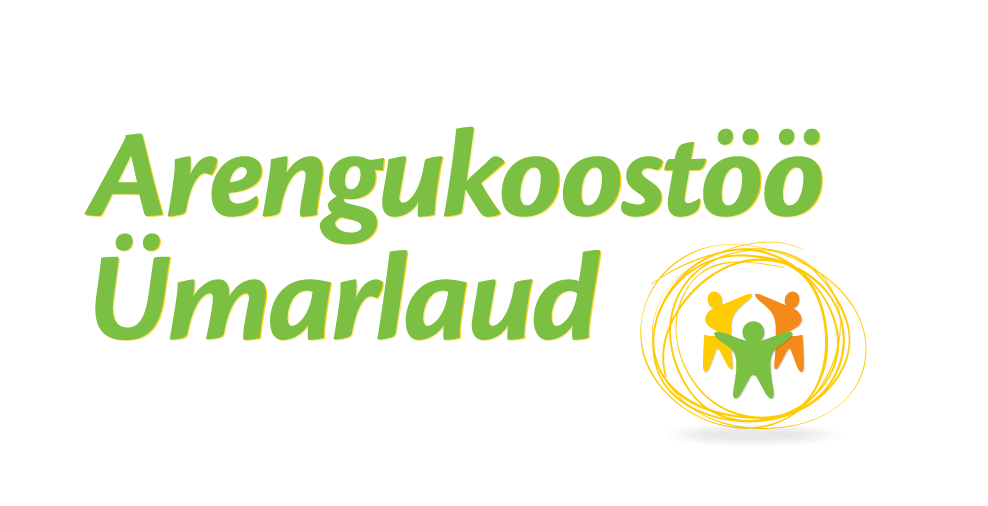Deconstructing culture in youth work and non-formal education
Background of the seminar
In youth and volunteering projects, we gather international groups of young people to foster mutual understanding and a culture of peace. Intercultural learning is our specialty!
But we have the feeling that sometimes our understanding of culture is quite limited, static and oldfashioned: By “culture” and “cultural exchange” we often mean exchange of people from different nationalities – and we emphasize this by making jokes about national identities, asking participants to bring food from “their country”, talk about “their country”, etc. We usually don’t reflect that participants might have diverse approaches to how they feel about “their country”. We often lack an understanding for cultural nuances that go beyond nation states (class, race, gender, age, urban/rural, sexual orientation, subcultures, etc.).
With this seminar, we want to provide a space for youth workers and staff from volunteering organisations around Europe to critically reflect about their own practices of culturalization in non-formal education programs, energizers, support and training structures and free time activities. We will guide the seminar using techniques and approaches from antidiscrimination, antiracism and critical whiteness.
Some of the questions and topics we would like to explore include:
- What do we personally and our organisations mean when we say „culture“? What effect does this understanding of culture have on our participants?
- What is the role of national cultures in international youth projects – and how does this relate to nationalism, nationbuilding, pan-Europeanism and internationalism?
- How can we deconstruct and play with the definition of „culture“ that our participants bring with them to our youth projects?
- What non-formal education methods can we share or create that have critical or constructive approaches to culture? What can be progressive alternatives to an „international evening“ and to talking about “cultural shocks” solely from a national perspective?
- How does the setup of Erasmus+ programs reinforce certain notions of culture in our projects?
- How can we challenge existing cultures within our projects and our societies (e.g. patriarchy, heteronormativity, white supremacy, militarism) in order to create a culture of peace?
A manual will be the outcome
The results of the seminar will be critical guidelines for youth and volunteering organisations as well as a collection of methods that stimulate critical or altenative views on „culture“. These results will be collected in a manual co-created by the participants.
COVID-19
At this point, we assume that it will be possible to organise the seminar in-person in Austria in December. We will ask all participants to be vaccinated, recovered and/or tested (depending on the rules in Austria at that point). We will have a hygiene concept for the group during the seminar and will follow all regulations by the authorities. Should there be another lockdown, we will consider to do the seminar online on the same dates.
Participant’s profile
The project aims to gather 30 participants (up to 2 per partner organisation). The participants will be youth workers, trainers as well as staff, activists, camp coordinators and active volunteers from volunteerig organisations. All participants selected for this project should meet the following criteria
– be 18 years old or older
– be able to work in English
– be interested in the seminar topics and have a strong motivation to act as a multiplier
– able to attend for the full duration of the seminar
– if somehow possible and feasible, be committed to come to the seminar without flying, and to travel instead by overland route.
We explicitly encourage participants of all classes, educational backgrounds, genders, sexual orientations, abilities and ethnic backgrounds to apply.
Logistics, financial conditions and sustainability
Simple life: The seminar will take place in a seminar house with simple living conditions. You will sleep in a room shared with few other people.
Money, money, money: We can cover all essential costs of the program (including food, travel costs up to a maximum amount per country, visa costs, accommodation and seminar) through a European project grant by Erasmus+. Your sending organisation might ask for a small participation fee.
Sustainable food: The food we provide will be vegan. This is not just a practical decision, but also an ideological one: SCI believes in the values of sustainability and climate justice – and if we want to contribute to a more peaceful planet, we need to give up on industrialized animal agriculture and its destructive effects on our planet.
Sustainable travels?: This is also why we ask you to come to this seminar through more sustainable means of transport rather than flying (e.g. by train or bus), if somehow possible. We will give you more guidance on how you can reach the venue, once you are accepted to the seminar.
How to apply?
Applications should be sent to your sending organization, which will each select their own participant(s) and then forward the application(s) to SCI Austria. All those accepted will later receive a detailed infosheet (incl. info on how to get to the venue, how to book your travels, more info about the agenda of the project).
